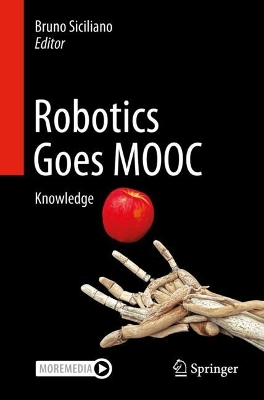Selected Regular Lectures from the 12th International Congress on Mathematical Education
 -15%
portes grátis
-15%
portes grátis
Selected Regular Lectures from the 12th International Congress on Mathematical Education
Cho, Sung Je
Springer International Publishing AG
07/2015
932
Dura
Inglês
9783319171869
15 a 20 dias
















